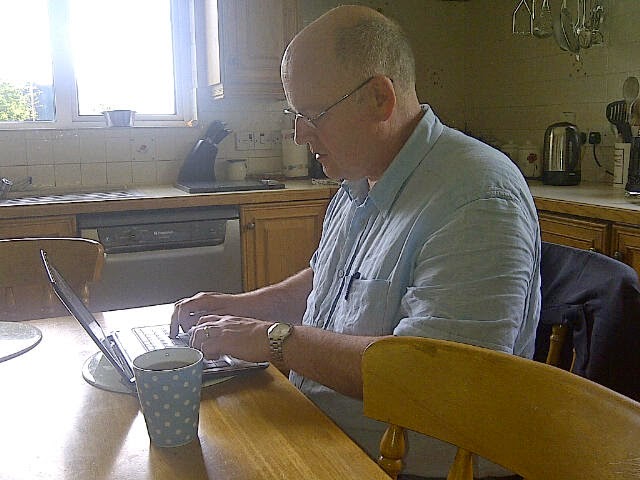Ordinarily you’d be disappointed,
if not insulted, to find a “Gone Fishing” sign hanging from the doorknob of an
office you’d called at. Today, though, it might be a welcome sign.
On Saturday, the chair of the
Panel of Parties in the NI Executive, Dr Richard Haass, warned talks
participants that the time had come to “either fish or...cut bait”. Most onlookers
are hoping they opt for the former. There’ll be dreadful disappointment –
although little real shock – if the Stormont fishing party wind up hauling in their
nets and lamenting the ‘one that got away’.
The seasoned foreign policy
expert Haass and his high-achieving vice-chair, Professor Meghan O’Sullivan,
have been around enough diplomatic corners to know that success at the
all-party talks should not be taken for granted. When it comes to corners, the
Northern Ireland political scene is like a Rubik’s Cube – except even harder to
solve.
If the Americans are frustrated at
the lack of progress to date, they’ve been careful not to show it. It is
inconceivable, though, that by the end of their ocean-hopping stint – should
success elude them – they will keep their exasperation to themselves. Two such
well-connected mediators have access to the corridors of power back home where,
one assumes, their final report will be carefully dissected.
Among the more interesting recent
interventions – possibly a ratcheting-up of pressure on the locals – was
Sunday’s statement from the US National Security Council. Noting that the
Belfast talks had reached a “critical juncture”, NSC spokeswoman Caitlin Hayden
called upon “the leadership of the five parties to make the compromises necessary to conclude an agreement now,
one that would help heal the divisions that continue to stand between the
people of Northern Ireland and the future they deserve."
Ms Hayden’s statement didn’t come
‘out of the blue’. As far back as three months ago, Vice-President Joe Biden “reiterated U.S. support for independent chair Richard Haass and the
all-party talks”. He also pledged the United States’ “continuing commitment to
support Northern Ireland’s progress toward a united community and shared future”.
The Haass initiative clearly enjoys
Barack Obama’s imprimatur. If it fails, the President and his advisors will
want to know why (the mediators’ allocation of blame in such circumstances
would make interesting reading).
Those wondering what
continuing US support looks like need only take a train ride into Belfast. The journey from the north, meandering among
glistening downtown office towers, testifies to the transformative effects American
investment has already had on the city. Consider how Belfast might look if that
tap was to be turned off.
Martin McGuinness suggested at the
weekend that it would be “a humiliation” if Dr
Haass and Professor O'Sullivan “left here...against the backdrop of no
agreement". If anything, the Deputy-First Minister may have been
understating the seriousness of such an outcome: a failure to agree could have
severe diplomatic and economic consequences.
Politics is often portrayed
as the art of the possible. Realpolitik, though, is the art of the practical. Failure
to close a deal now would be interpreted as a snub back in Washington (with possible
repercussions) and – being practical – can we afford that?
The former US
President Theodore Roosevelt employed an old African proverb to characterise
his foreign policy: “Speak softly and carry a big stick”. As the clock runs
down on the Haass initiative, its chair and vice-chair have – outwardly at
least – maintained a diplomatic silence; but, in the absence of any visible
‘big stick’ from the Americans, one wonders if we’re creating a rod for our own
backs.
The American comedian Steven Wright reckons “there’s a fine line between fishing and standing on the shore looking like an idiot”. I wonder if – after the all-party talks – the joke will be on us.










